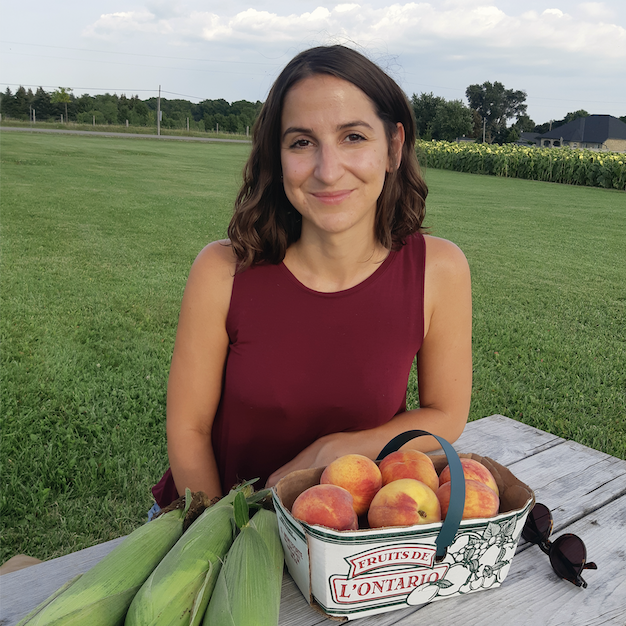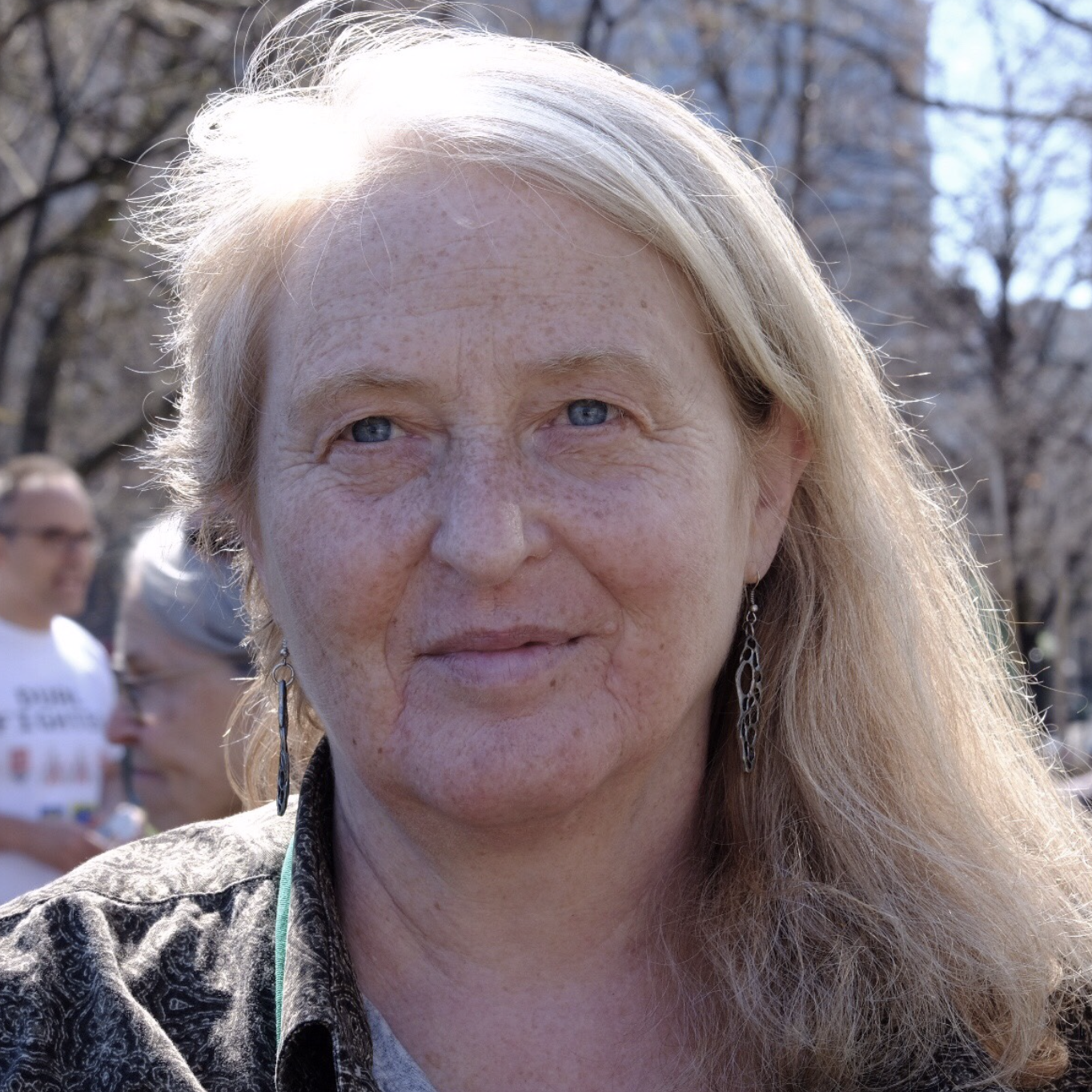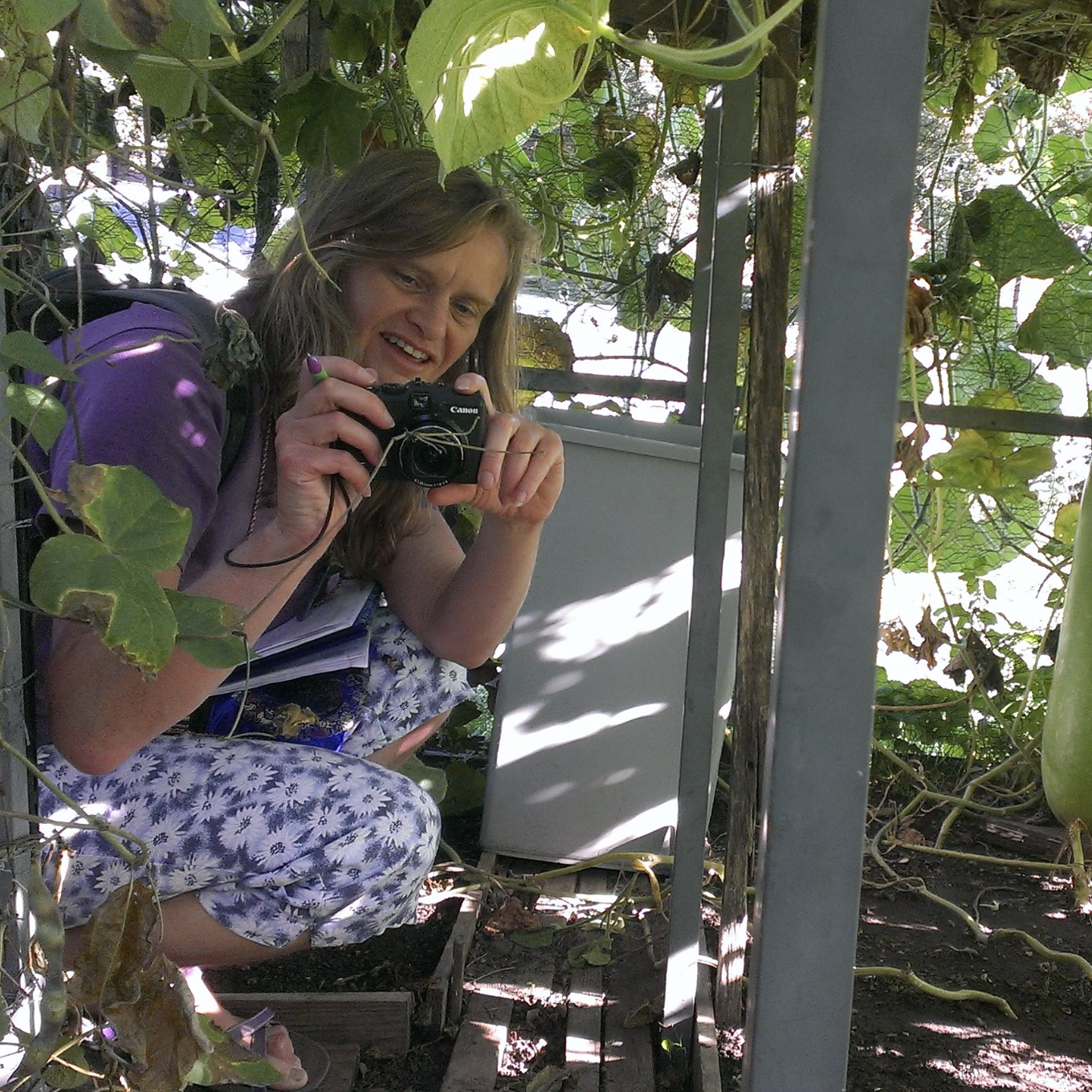Sustain is an alliance of organizations and enterprises from diverse parts of the food and farming sectors (across Indigenous lands / Ontario) that have a common aim of working towards food systems transformation. Alliance members recognize that their organization’s voluntary participation in difficult collective conversations lends weight to their collective recommendations for policy and action. Members pledge to work collaboratively with diverse groups from across regions to help create productive, equitable and sustainable food and farming systems that support the health and wellbeing of all people.
History Highlights
- Throughout 2022-2023 we launched and coordinated the Ontario Chapter of the Coalition for Healthy School Food, which has the goal of supporting school food investment and support at the federal, provincial and local levels. Thanks to the support of the Government of Ontario we created the Food Is Science site, which shares experiential, evidence-based resources to help educators understand and teach new food literacy learning in Ontario’s Science and Technology Curriculum. We also lead the Ontario Food Literacy Working Group to advocate to the Ministry of Education for recommendations and policy changes to support a comprehensive approach to integrating food literacy education into schools across Ontario.
- In 2020-2021, we addressed some challenges brought on by the pandemic. As a few examples — we launched a Buy Local Food Across Ontario website to support regional buy-local initiatives; our Community Growing Network helped to successfully advocate for the safe re-opening of community gardens; our Buy Local Food Network, in collaboration with Farmers’ Markets Ontario, successfully advocated for the safe reopening of farmers’ markets; our Edible Education Network hosted webinars to bring folks together to discuss how school food programs were adapting to school closures and restrictions (the Network launched a monthly School Food newsletter, too). In 2021, Sustain also employed doctoral researcher Kirsti Tasala to support three different regions via the project Catalysing Network Change: Exploring Practical Tools to Spark Food Network Action — with funding support from Mitacs and Innoweave. Sustain also collaboratively developed and released a Policy Brief to support Bill 216 (Food Literacy for Students Act, 2020). And we continued to work with Farm to Cafeteria Canada on supporting farm to school efforts, which included participating in the release of a Farm to School Canada Evaluation Framework.
- In 2019, Sustain Ontario brought an exciting new format to Bring Food Home, partnering with various groups to host multiple regional conferences that covered diverse topics, with two of the events led by Indigenous regional groups. Read more about the four events on the Bring Food Home website and check out our YouTube channel for videos.
- In 2018 and 2019 the Sustain Ontario board has been working on strategic planning and a redistributed leadership model for the organization. We remain focused on supporting networking, capacity building and advocating for healthy food and farming in Ontario.
- In 2018 and 2019 Sustain Ontario continued to partner with Farm to Cafeteria Canada to deliver and support an additional 11 Farm to School grants across Ontario as a partner in the Farm to School: Canada Digs In! initiative.
- In 2017 Sustain Ontario put on a successful Bring Food Home Event. You can read the final report, “Good Food and Farming Ideas for Ontario”. This report summarizes the policy papers prepared by each of Sustain Ontario’s networks.
- In December 2016 Sustain Ontario’s Networks identified initiatives they wanted to focus on. The networks cooperated with student researchers throughout 2017 to create policy position papers, in order to identify gaps, set direction and strengthen the Ontario food system.
- In 2016 Sustain Ontario began a partnership with Farm to Cafeteria Canada to deliver and support 21 three-year Farm to School grants across Ontario as a part of the Farm to School Canada Grants program (which later became a part of the Farm to School: Canada Digs In! initiative).
- In 2016 Sustain Ontario became a partner on George Brown College’s 4-year Generating Success for Farm to School Programs initiative to determine and share best practices for Farm to School programs.
- In 2016, we hosted a networking event called Cultivating Our Capacity a day that brought together community leaders and municipal staff from across the province to engage in generating initiatives to help strengthen local food policy and systems. The event lead to the launch of two new networks the Sustainable Food Enterprise Network and the Food Justice Network.
- In 2016 Sustain Ontario launched the Food Initiatives Greenhouse, an online resource sharing library.
- In 2015 Sustain Ontario officially became an independent not-for-profit
- In 2014 Sustain Ontario was a founding member of the Coalition for Healthy School Food (a network of Food Secure Canada). Since that time Sustain Ontario has continued to support the efforts of the Coalition to achieve a National, Universal School Food Program.
- In 2013, Sustain Ontario launched the Ontario Edible Education Network, bringing together students, educators, community groups, parents, farmers, food businesses, and administrators to facilitate efforts to get Ontario’s children eating, cooking, growing, and learning about local, healthy sustainable food.
- 2012-13 Growing Good Food Ideas Videos launch at Queen’s Park in 2013 with the Premier of Ontario
- Recommendations are developed for the Local Food Act in 2012
- Development and advancement of the Ontario Food and Nutrition Strategy (OFNS) in 2012
- In 2011, Sustain Ontario was a founding member of Farm to Cafeteria Canada. Sustain Ontario proceeded to participate on F2CC’s Advisory Committee and acted as the point person advancing farm to school in Ontario.
- Sustain Ontario launches Vote ON Food campaign in 2011 that urges policymakers in Ontario to support local food legislation
- Publication of Menu 2020: Ten Good Food Ideas for Ontario in 2010
- 2010 marks the first Bring Food Home Conference: Connecting Ontario Farm and Food Networks
- In 2009 Sustain Ontario hires its first Director and expands its mandate from Southern Ontario to province-wide
- Sustain Ontario is formally incorporated in 2008
- In 2007 working meetings were convened by the Metcalf Foundation to explore the possibility of a cooperative, integrated network with the goal of transforming food and agriculture at a system-wide level
Annual Reports
Governance Documents










